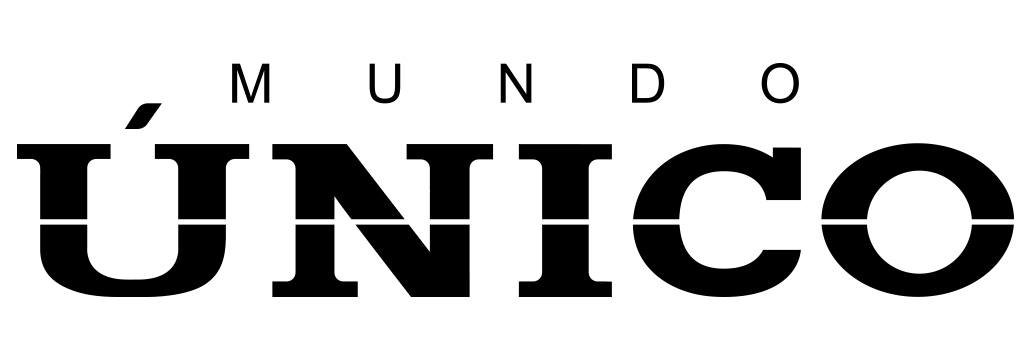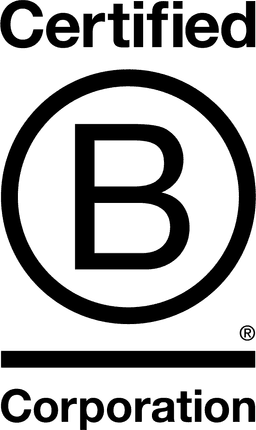

Unico Interior SAS

1.6
Antioquia Department, Colombia
December 2022
Apparel
Manufacturing
Belgium,
Colombia,
Costa Rica,
Ecuador,
Germany,
Guatemala,
Mexico,
Netherlands The,
Panama,
United Kingdom,
United States
Mundo Único es una marca colombiana creada en 1996, especializada en generar momentos de comodidad y bienestar. Lo hacen generando confianza, conocimiento y crecimiento, siempre con calidad, funcionalidad e innovación. Esto por medio de un portafolio diverso para los hombres, buscando siempre que sus productos satisfagan la necesidad de bienestar y ofrezcan la libertad que los consumidores necesitan para su día a día. Desde su visión de impacto positivo está comprometido con el bienestar de sus colaboradores, con desarrollar y crecer junto a su cadena de valor y con el cuidado del medio ambiente y la comunidad, generando comodidad en todo momento para que las personas puedan transformar el mundo, manteniendo una organización sostenible y con triple impacto para todos sus grupos de interés. Mundo Único is a Colombian brand created in 1996, specialized in generating moments of comfort and well-being. They do so by generating trust, knowledge and growth, always with quality, functionality and innovation. This through a diverse portfolio for men, always looking for their products to satisfy the needs for well-being and offer the freedom that their consumers need for their day to day activities. From its vision of positive impact, Mundo Único is committed to the well-being of its
Overall B Impact Score
Governance 19.3
Governance evaluates a company's overall mission, engagement around its social/environmental impact, ethics, and transparency. This section also evaluates the ability of a company to protect their mission and formally consider stakeholders in decision making through their corporate structure (e.g. benefit corporation) or corporate governing documents.
What is this? A company with an Impact Business Model is intentionally designed to create a specific positive outcome for one of its stakeholders - such as workers, community, environment, or customers.
Workers 27.3
Workers evaluates a company’s contributions to its employees’ financial security, health & safety, wellness, career development, and engagement & satisfaction. In addition, this section recognizes business models designed to benefit workers, such as companies that are at least 40% owned by non-executive employees and those that have workforce development programs to support individuals with barriers to employment.
Community 22.2
Community evaluates a company’s engagement with and impact on the communities in which it operates, hires from, and sources from. Topics include diversity, equity & inclusion, economic impact, civic engagement, charitable giving, and supply chain management. In addition, this section recognizes business models that are designed to address specific community-oriented problems, such as poverty alleviation through fair trade sourcing or distribution via microenterprises, producer cooperative models, locally focused economic development, and formal charitable giving commitments.
Environment 8.4
Environment evaluates a company’s overall environmental management practices as well as its impact on the air, climate, water, land, and biodiversity. This includes the direct impact of a company’s operations and, when applicable its supply chain and distribution channels. This section also recognizes companies with environmentally innovative production processes and those that sell products or services that have a positive environmental impact. Some examples might include products and services that create renewable energy, reduce consumption or waste, conserve land or wildlife, provide less toxic alternatives to the market, or educate people about environmental problems.
Customers 3.5
Customers evaluates a company’s stewardship of its customers through the quality of its products and services, ethical marketing, data privacy and security, and feedback channels. In addition, this section recognizes products or services that are designed to address a particular social problem for or through its customers, such as health or educational products, arts & media products, serving underserved customers/clients, and services that improve the social impact of other businesses or organizations.